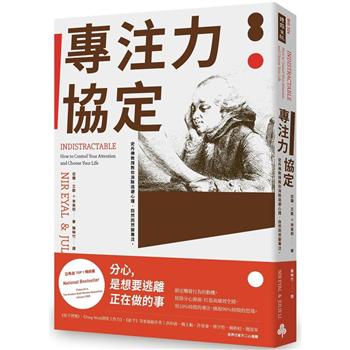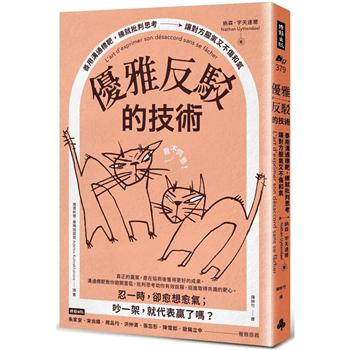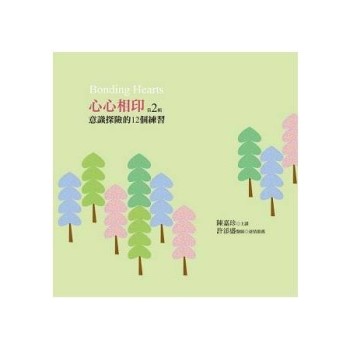This book presents a counter-history to the relentless critique of the humanist subject and authorial agency that has taken place over the past fifty years.
It is both an interrogation of that critique and the tracing of an alternative narrative from Romanticism to the twenty-first century which celebrates the agency of the artist as a powerful contribution to the wellbeing of the community. It does so through arguments based on philosophical aesthetics and cultural theory interspersed with case histories of particular artists. It also engages with a second issue that cannot be separated from the first. This is the question of what the role and purpose of art is in society. This has become particularly important since the 1990s because of the "social turn" in art in which it is claimed that the only valid role for art was one that had explicit social consequences. This book argues that a political role for art is valuable, but not the only one that can be envisaged nor indeed is it the most obvious or most important. Art has other social roles both as a means to engender empathy and community, and to re-enchant a world bereft of meaning and reduced to material values.
The book will appeal to practising artists as well as scholars working in art history, philosophy, aesthetics, and curatorial studies.












